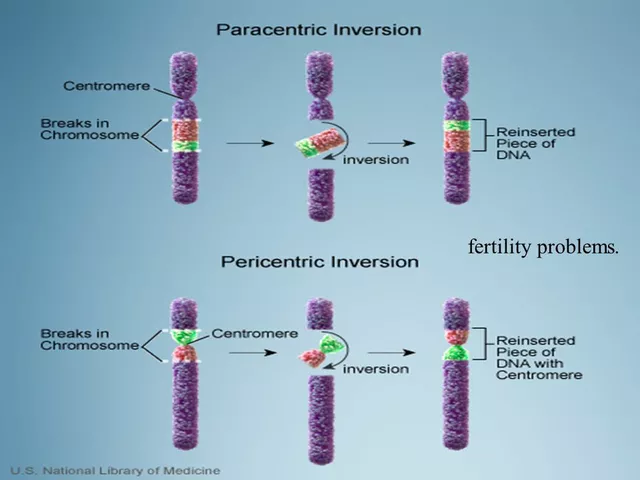Neurontin Alternatives: What to Try Instead of Gabapentin
Gabapentin (Neurontin) helps many people with nerve pain and some seizure types. But it can cause drowsiness, dizziness, weight gain, or interact with other meds. If you’re considering a change—because of side effects, poor response, or cost—here are practical alternatives to discuss with your doctor.
Best prescription alternatives
Pregabalin (Lyrica): Very similar to gabapentin but often works faster and at lower doses. Many patients report better pain control, though pregabalin can also cause sleepiness and swelling. It’s pricier, but generics may help.
Duloxetine (Cymbalta): An SNRI antidepressant that’s FDA-approved for certain types of neuropathic pain. It can help pain and mood at the same time. Watch for nausea, dry mouth, and blood pressure changes.
Venlafaxine (Effexor): Another SNRI used off-label for nerve pain. It may help when duloxetine isn’t effective, but it can raise heart rate and blood pressure at higher doses.
Tricyclic antidepressants (amitriptyline, nortriptyline): Older drugs that work well for many types of neuropathic pain in low doses. Side effects like dry mouth, constipation, and drowsiness limit use in older adults.
Carbamazepine and oxcarbazepine: Anticonvulsants often used for trigeminal neuralgia and other nerve pain types. They can be effective but need blood tests and monitoring for interactions.
Other anticonvulsants (lamotrigine, topiramate): Useful mainly when seizures are the issue. Their role in pain varies, so your doctor will pick based on your diagnosis.
Opioids and tramadol: Sometimes prescribed for severe pain, but they carry addiction and safety risks. Tramadol also affects serotonin and can interact with antidepressants, so use caution.
Topicals, devices, and practical tips
Lidocaine patches and topical capsaicin work well for localized nerve pain with fewer systemic side effects. Try a lidocaine patch for a few hours daily or low‑concentration capsaicin cream under guidance.
Non-drug options matter: physical therapy, targeted exercise, cognitive-behavioral therapy, and TENS (electrical nerve stimulation) can reduce pain and improve function.
Important practical points: many alternatives need dose adjustments for kidney or liver problems. Stop or change gabapentin slowly—sudden stops can trigger withdrawal or seizures. Ask about generic options and cost assistance if price is an issue.
Questions to ask your clinician: How soon should I expect improvement? What side effects should I watch for? Will this interact with my other meds? Do I need lab tests or dose changes for kidney function?
Switching meds is common and doable. Talk openly with your prescriber about what’s not working and what matters most—sleep, thinking clarity, pain level, or safety. Together you can pick an alternative that fits your life and health goals.




